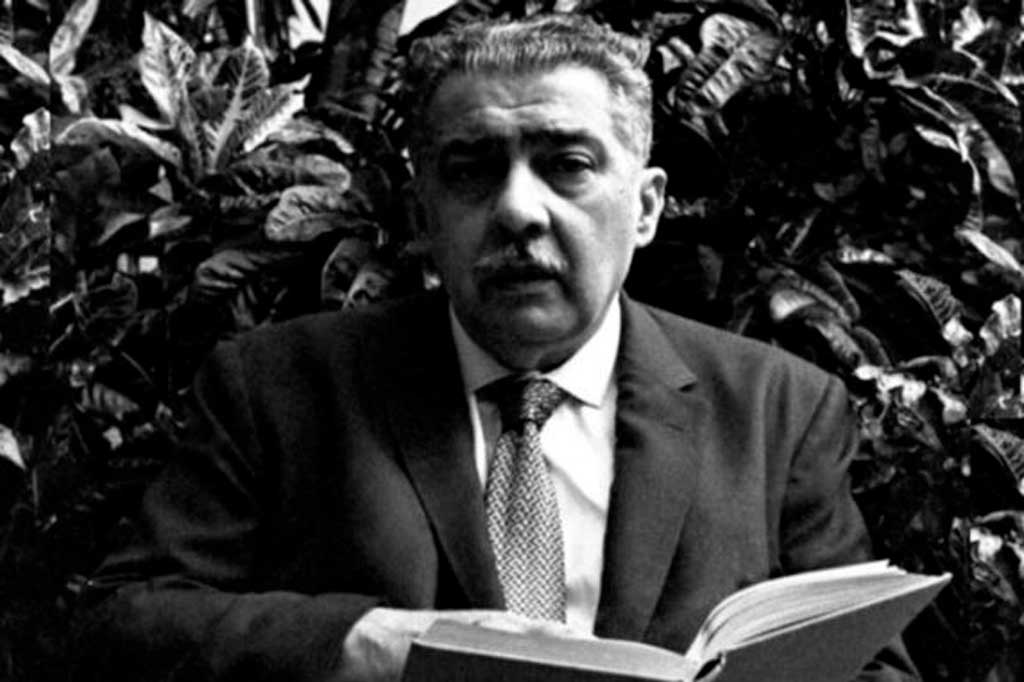His novel “Paradiso” (Paradise, 1966), the only one he published during his lifetime, is included in a list of the 100 best works of the 20th century in that language, while another renowned writer, Severo Sarduy, has called it American Neo-Baroque.
Lezama’s literature is characterized by great lyricism and the use of metaphors, allusions, and allegories, based on a poetic system that the author developed in several essays, such as “Analecta del reloj” (1953), “La Expresión Americana” (The American Expression, 1957), “Tratados en La Habana” (Treaties in Havana, 1958) or “La Cantidad Hechizada” (The Bewitched Quantity, 1970).
Lezama’s father, an artillery colonel and engineer in the Cuban army, died of influenza in 1919, and his death shaped the writer’s character and vocation.
(…) We all cried, but this patriarchal image gave us supreme unity and instilled in my mother the idea that my destiny was to tell the story of the family, Lezama Lima (1910-1976) once said.
Since 2000, the Casa de las Américas cultural institution in Havana has awarded a prize in his name in the poetry category.
ef/iff/mem/dpm










